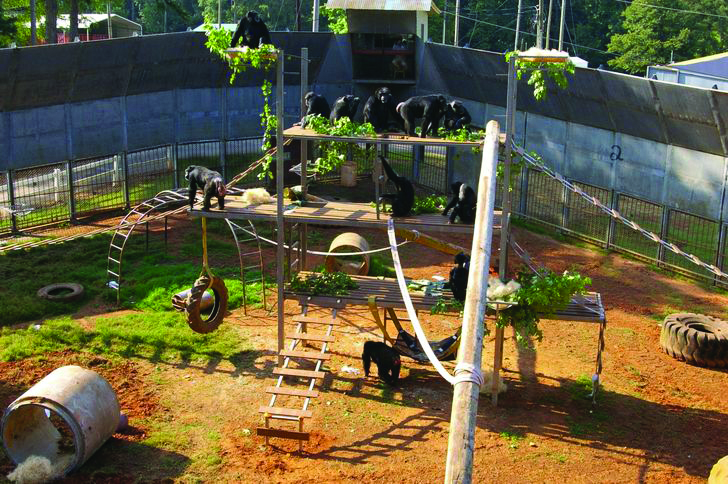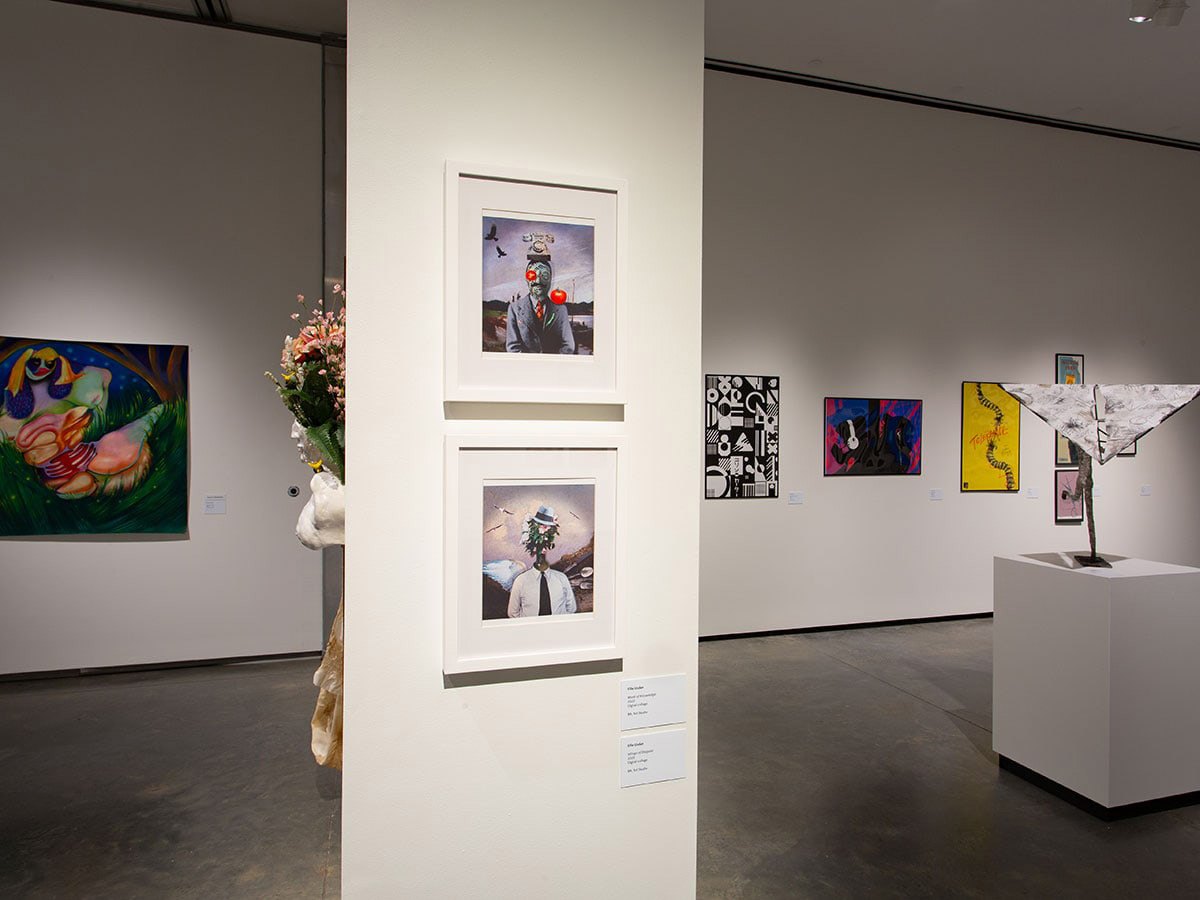Internationally renowned primatologist Frans B. M. de Waal, Ph.D., has been named the 2016 Charles W. and Caroline P. Ireland Distinguished Visiting Scholar.
 Dr. de Waal is the Charles Howard Candler Professor of Psychology at Emory University, where he also directs the Living Links Center at the Yerkes National Primate Research Center. Before moving to Yerkes, de Waal researched bonobos at the San Diego Zoo. He accepted his joint position at Yerkes and in the Department of Psychology at Emory in 1990.
Dr. de Waal is the Charles Howard Candler Professor of Psychology at Emory University, where he also directs the Living Links Center at the Yerkes National Primate Research Center. Before moving to Yerkes, de Waal researched bonobos at the San Diego Zoo. He accepted his joint position at Yerkes and in the Department of Psychology at Emory in 1990.De Waal was born in The Netherlands and trained as a zoologist and ethologist at Radboud University Nijmegen, the University of Groningen, and Utrecht University. He received his doctorate in biology from Utrecht in 1977.
In 1982 he published his first book, “Chimpanzee Politics,” the result of a six-year study of the world’s largest captive colony of chimpanzees at the Royal Burgers’ Zoo in Arnhem, The Netherlands. “Chimpanzee Politics,” as well as other scientific papers de Waal published early in his career, explored social strategies, deception and reconciliation within the primate colony. His work helped catalyze the field of primate cognition.
De Waal’s research has long focused on the innate capacity for empathy among primates and the roots of moral behavior among humans. His many acclaimed books include “Peacemaking Among Primates” (1989), “Good Natured: The Origins of Right and Wrong in Humans and Other Animals” (1996), “Tree of Origin: What Primate Behavior Can Tell Us About Human Social Evolution” (2001), “The Age of Empathy: Nature’s Lessons for a Kinder Society” (2009) and “The Bonobo and the Atheist” (2013).
Despite the commonly held idea that humans are the only moral animals, De Waal’s research indicates a continuum of empathetic, altruistic and cooperative instincts between non-human apes and human beings. In “The Age of Empathy,” he argues that humans must understand where we came from before we can make social progress.“ If you want to design a successful human society you need to know what kind of animal we are,” he said in a 2011 interview with “Scientific American.” “Are we a social animal or a selfish animal? Do we respond better when we’re solitary or living in a group? You should know as much as you can about the human species if you have a hand in designing human society.”
Today, De Waal continues to explore cultural learning, behavioral economics, empathy, communication, social reciprocity and conflict-resolution in primates, as well as the origins of morality and justice in human society. His research on the concept of fairness among primates has been of particular interest after recent political and corporate corruption has come to light in the U.S. and Europe.

He has received the “Los Angeles Times” Book Award for “Peacemaking among Primates” (1989), is a member of the Royal Netherlands Academy of Arts and Sciences (1993) and the United States National Academy of the Sciences (2004), was named one of “Time” magazine’s 100 Most Influential People (2007), is a fellow of the American Academy of Arts & Sciences (2008), was named “Discover” magazine’s 47 Great Minds of Science (2011), received the Edward O. Wilson Biodiversity Technology Pioneer Award (2013) and the Galileo Prize from Padua University (Italy, 2014), and was named the 2015 Distinguished Primatologist from the American Society of Primatologists.
“The College of Arts and Sciences is excited to grant the Ireland Prize, the highest recognition of scholarly achievement offered by UAB, to Dr. Frans de Waal,” said Dean Robert Palazzo, Ph.D. “For decades Dr. de Waal has explored the roots of human behavior in primates. Dr. de Waal has documented that maintaining cooperative relationships and reconciling after a fight are important in the two primate species most closely related to humans. His work explores complex questions of where our values, morality, and sense of justice originate. By examining the behavior and neuroscience of other primate species, Dr. de Waal also suggests ways that human beings can live more peacefully with each other. Fundamentally, his work sheds light on what it means to be human.”



